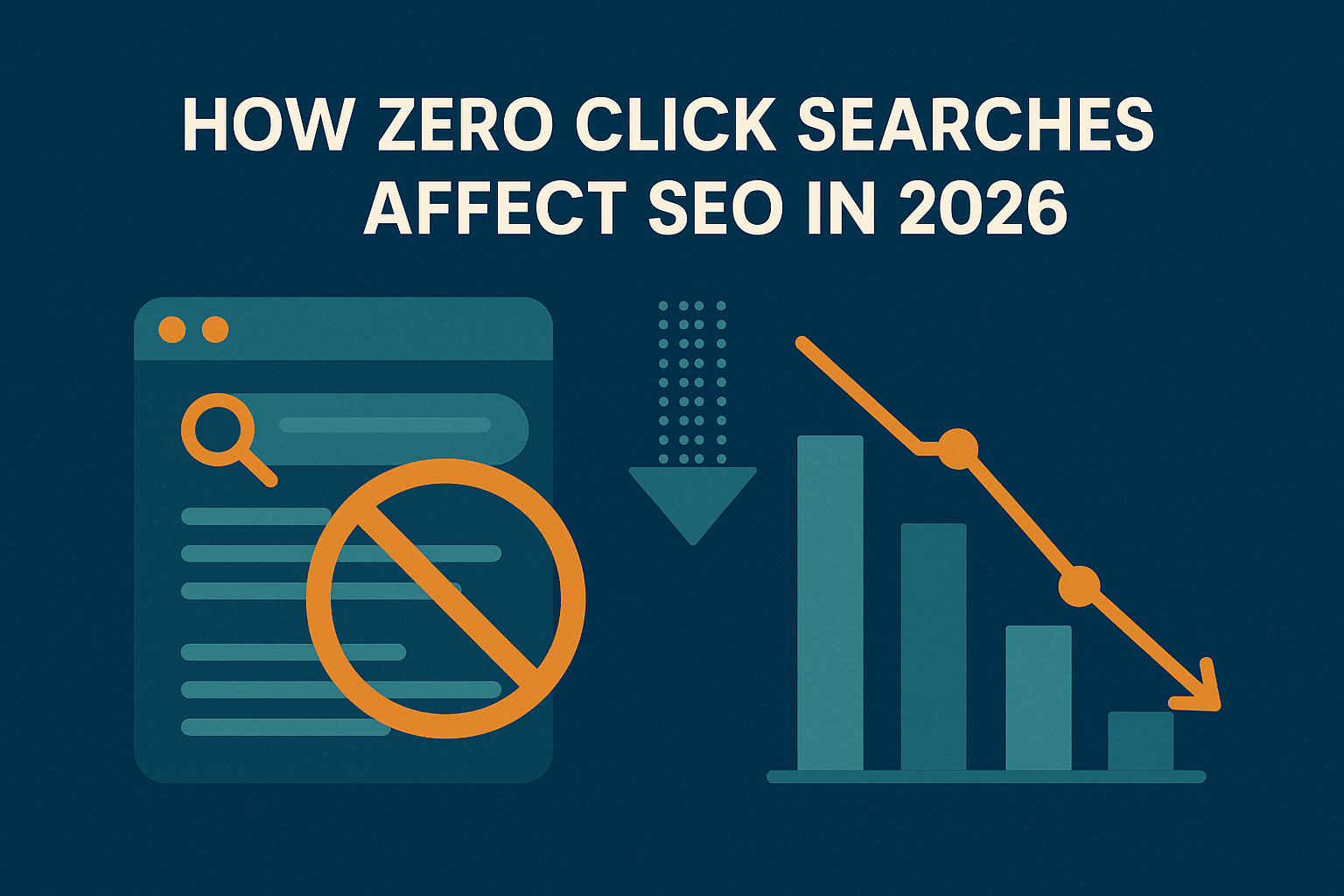Personalized Client Reporting with a Virtual SEO Assistant
Delivering personalized client reports is a critical aspect of building trust and maintaining transparency in the SEO industry. Reports that are tailored to the specific needs and goals of each client help demonstrate value and showcase the effectiveness of your strategies. Incorporating a Virtual SEO Assistant into your process can streamline this task, ensuring accuracy, consistency, and customization in every report. Here’s how a Virtual SEO Assistant can elevate your client reporting process.
1. Understanding Client Goals and Metrics
The foundation of personalized client reporting is a deep understanding of the client’s objectives. A Virtual SEO Assistant can help by:
- Conducting onboarding sessions to gather key information about the client’s goals, such as increased traffic, higher conversion rates, or improved keyword rankings.
- Creating a list of key performance indicators (KPIs) tailored to each client’s needs.
- Setting up tracking systems for metrics like organic traffic, bounce rate, domain authority, and more.
This ensures that reports focus on what matters most to the client.
2. Leveraging Advanced Tools for Data Collection
Virtual SEO Assistants are proficient in using tools like Google Analytics, Google Search Console, Ahrefs, SEMrush, and more. They can:
- Pull data from multiple platforms to provide a comprehensive view of performance.
- Identify trends and patterns that align with client goals.
- Highlight areas for improvement, backed by reliable data.
Automation and expertise reduce the risk of errors and save time in the data-gathering process.
3. Customizing Report Templates
Generic reports often fail to capture a client’s unique journey. A Virtual SEO Assistant can:
- Design visually appealing, branded templates that reflect the client’s identity.
- Include customized sections for specific campaigns, seasonal performance, or unique SEO challenges.
- Use storytelling techniques to explain data in a clear, engaging way, avoiding jargon.
Personalization ensures clients feel valued and understand the impact of your efforts.
4. Providing Actionable Insights
Clients value reports that go beyond numbers to offer actionable recommendations. A Virtual SEO Assistant can:
- Analyze data to identify opportunities for improvement, such as content optimization or technical fixes.
- Suggest next steps based on current trends and performance metrics.
- Highlight successes, such as improved rankings or traffic spikes, to reinforce the value of your services.
Actionable insights turn reports into strategic tools, empowering clients to make informed decisions.
5. Ensuring Timely Delivery
Consistency in reporting builds trust and reliability. A Virtual SEO Assistant can:
- Schedule regular reporting intervals, such as weekly, monthly, or quarterly.
- Automate report generation using tools like Data Studio or Excel macros.
- Ensure timely delivery by adhering to a well-structured reporting calendar.
Clients appreciate punctuality and the assurance that they’re always informed about their progress.
6. Incorporating Real-Time Updates
In today’s fast-paced digital landscape, real-time updates can be a game-changer. A Virtual SEO Assistant can:
- Set up live dashboards for clients using tools like Google Data Studio or Tableau.
- Provide instant updates on critical metrics, such as ranking changes or traffic spikes.
- Reduce the need for frequent manual reporting while keeping clients in the loop.
This approach enhances transparency and allows clients to monitor progress at their convenience.
7. Tailoring Reports for Different Stakeholders
Not all stakeholders have the same level of technical knowledge or interest in SEO. A Virtual SEO Assistant can:
- Create high-level summaries for executives, focusing on ROI and overall performance.
- Develop detailed reports for marketing teams, including specific metrics and recommendations.
- Customize presentations for stakeholders in different departments, ensuring relevance.
This flexibility ensures that reports resonate with diverse audiences.
8. Improving Client Retention Through Reporting
Transparent, personalized reporting strengthens client relationships. A Virtual SEO Assistant can:
- Highlight consistent improvements to build trust.
- Address concerns proactively by showcasing efforts to resolve issues.
- Reinforce the value of your services through data-backed success stories.
Effective reporting fosters long-term partnerships by aligning your work with client priorities.
Personalized client reporting is more than just a task—it’s an opportunity to demonstrate your agency’s value and expertise. By leveraging a Virtual SEO Assistant, you can streamline the process, enhance customization, and deliver reports that resonate with your clients. This not only saves time but also strengthens your client relationships, driving long-term success for your agency.










